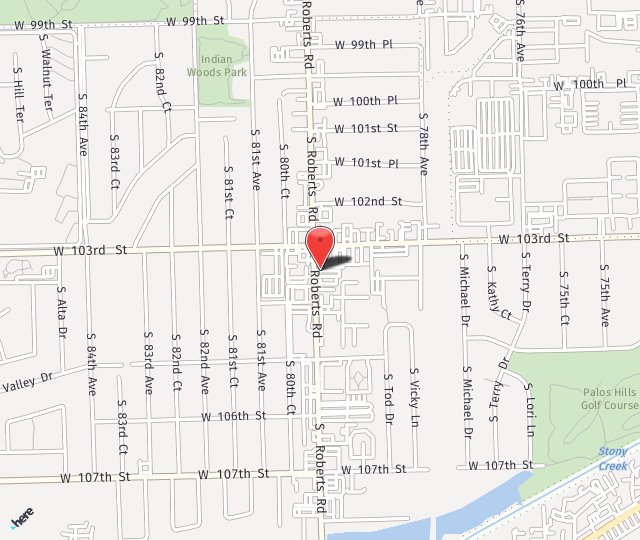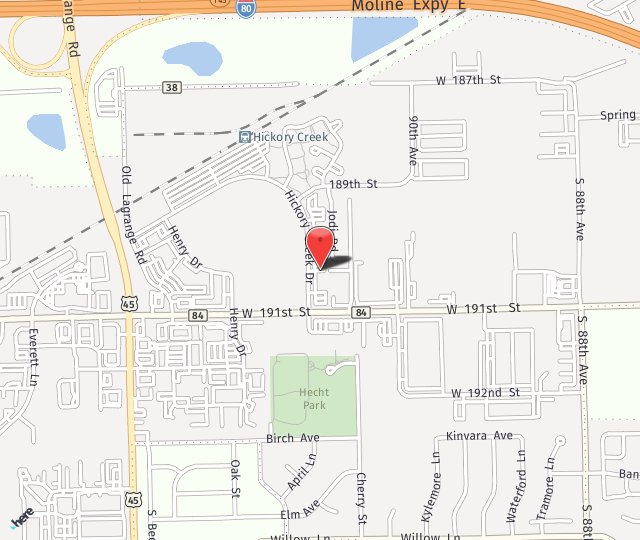Patellar Dislocation/ Instability Care in Chicago
With convenient locations in Palos Hills and Mokena, IL
About Patellar Dislocation/Instability
The patella, commonly known as the kneecap, is an essential component of the knee joint. It is situated within a groove at the end of the femur, known as the trochlear groove, and its function involves sliding up and down as the knee moves. However, when the kneecap moves outside of this groove, it results in patellar instability, leading to varying degrees of discomfort and functional limitations.
Types of Patellar Dislocation
There are two types of patellar instability:
Traumatic patellar dislocation: This type is commonly a consequence of a knee injury where the patella is forced completely out of the trochlear groove.
Chronic patellar instability: In this type of patellar dislocation, the kneecap only partially slides out of the groove.

Signs of Patellar Dislocation
When a patellar dislocation occurs, it can give rise to a range of symptoms that significantly impact the affected individual's knee function and overall well-being. Symptoms include:
Pain: Patients may experience varying levels of pain, swelling, and stiffness in the affected knee, particularly when attempting to bend the joint. This discomfort can be accompanied by a feeling of instability, making it challenging to confidently engage in activities that involve flexing or extending the knee joint, such as walking, climbing stairs, or participating in physical exercise.
Difficulty with weight bearing: Being unable to put weight on the affected knee can lead to a pronounced change in gait and overall mobility, often resulting in a limp.
Noticeable deformity: The most immediate symptom of a patellar dislocation is the altered physical appearance of the knee.
How Dr. Bedikian Diagnoses Patellar Dislocation
During an appointment with Dr. Bedikian, he discusses your medical history with you before conducting a thorough physical examination. Diagnostic imaging, such as X-rays and, in some cases, an MRI, may be utilized to assess the extent of the injury.
Will I Need Surgery?
The treatment approach for patellar dislocation largely depends on whether it is a first-time or repeat occurrence.
First-time dislocations: These are usually managed without surgery and involve rest, the use of a knee brace and crutches, and subsequent physical therapy to strengthen the knee muscles, which helps prevent further dislocations. Surgery may be necessary in some cases, especially if there is loose cartilage in the knee.
Repeat dislocations: In cases where nonsurgical treatments are ineffective and the kneecap continues to dislocate, surgery can help. Surgery typically involves reconstructing the medial patellofemoral ligament (MPFL) or increasing the stability of the knee by realigning it. Dr. Bedikian will determine the most appropriate approach for your needs.
Modern Practice with Modern Solutions
Our state-of-the-art clinic is home to advanced tools and techniques such as robotic-assisted surgery and arthroscopy for joint procedures.
Recovery
Regardless of the treatment method, physical therapy is an important part of the recovery process. It helps to strengthen the knee and restore range of motion after you have healed. Patellar dislocation recovery generally takes six weeks to three months.
Enjoy an Active Life Free of Pain
Patellar instability is a challenging condition that can significantly impact an individual's mobility and quality of life. However, with the expertise of orthopedic professionals like Dr. Bedikian, tailored treatment strategies can be implemented to address this issue effectively, enabling you to enjoy an active life free of pain.



